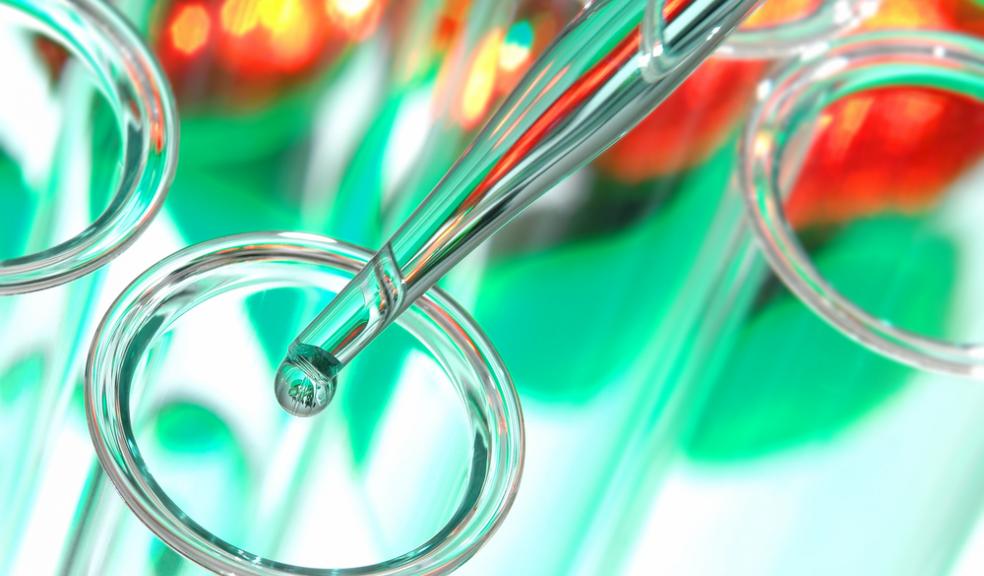
Who’s Got Talent? for Huntington’s disease research
Fourteen local acts who have won their place in the final of Devonport’s Who’s Got Talent will perform in front of a live audience at The Devonport Playhouse, Plymouth, on Saturday 7th November – and the event will raise money to support research into Huntington’s disease at Plymouth University Peninsula Schools of Medicine and Dentistry.
The event, which is in its seventh year, is taking place at 7.00pm and the winning act will receive a trophy and a cheque for £250.
The winner will be chosen by a panel of judges, and in addition to the acts competing there will also be entertainment from a magician and tap dancers, with the show being opened by the Kernow Steel Band.
Tickets are still available at £8 for adults and £6 for children and concessions, and the box office number is 07845 269825.
The event is being run by a group of local volunteers led by Liz Fedrick. She said: “Each year we have great fun at this event, and it is a superb showcase for local talent. This year we are delighted to be raising money to support research into Huntington’s disease being carried out at Plymouth University. We decided to do this after a visit to the labs to see the research for ourselves and to meet the research team. We are hoping to raise in the region of £1000 for this great cause.”
This is not the first time that Liz and her group of volunteers have held an event to raise money for this research.
In August they raised £600 by holding a karaoke night at The Two Bridges Inn in Saltash.
Dr. Shouqing Luo who heads up the Huntington’s disease research at Plymouth University, said: “We are greatly indebted to our local supporters and we are extremely grateful for all that they do to raise money to support our work. It makes us all the more determined to find a therapy for this debilitating disease.”
Plymouth researchers are investigating the potential of manipulating activity at a cellular level in order to develop an effective therapy for Huntington’s disease.
The team re analysing a protein called Bim, which causes cell death in various tissues including those of the brain. At present it is unclear how Bim levels and activity increase in Huntington’s disease, and the study will aim to identify the mechanism which allows this increase. By understanding the mechanism and how it works, the way could be open for manipulating it to create an effective therapy for the disease.
Huntington’s disease is an hereditary disorder of the nervous system caused by a faulty gene on chromosome four. The faulty gene leads to nerve damage in the area of the brain resulting in gradual physical, mental and emotional changes. Those born to a parent with Huntington’s disease have a 50:50 chance of developing it, and there is currently no cure.












